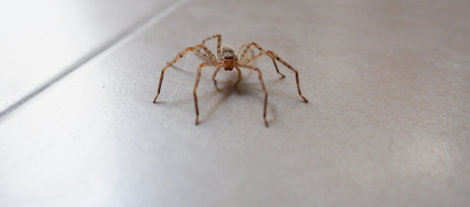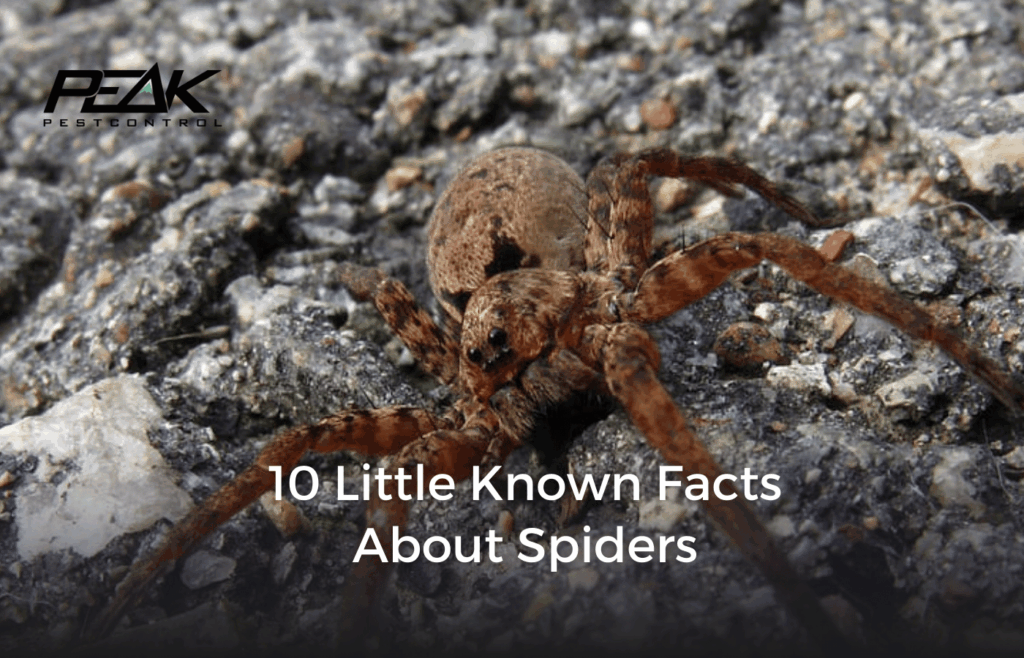Spiders are also one of those creepy crawlies that most people hate to encounter. However, these eight-legged animals are really interesting and come with some surprising features. From their web-spinning skill to their habits, these spiders play an important role in the ecosystem as well. Understanding a little more about them can be helpful, especially if you are looking forward to spider control in Reno. Here are ten not-so-well-known facts about spiders that will pique your curiosity and might even help you develop an appreciation for their role in nature.

Fact #1: Silk Strength
Spiders produce silk that is incredibly strong. In fact, spider silk is stronger than steel when compared by weight. This silk is used to build webs, catch prey, and even create shelters.
Fact #2: The Number of Eyes
Most spiders possess eight eyes but with a different arrangement. Such an arrangement enables them to have an extremely wide field of vision perfect for spotting their predators and prey.
Fact #3: Diverse Species
There are over 45,000 known species of spiders spread across the globe. This diversity means they can be found in almost every habitat, from lush rainforests to arid deserts.
Fact #4: Lifespan Varieties
The lifespan of a spider can vary greatly depending on the species. While some spiders may live only a few months, others, like tarantulas, can live up to 25 years, especially in captivity.
Fact #5: Unique Mating Rituals
Spiders have some of the most interesting mating rituals in the animal kingdom. Male spiders often partake in elaborate dances or present gifts to their potential mates to court them successfully.
Fact #6: Venomous But Harmless
While many spiders are venomous, the majority pose no threat to humans. Their venom is designed to subdue small prey and is usually not potent enough to harm humans.
Fact #7: Master Hunters
Spiders are predators that are accompanied with other ways of capturing their prey. They use the complicated webs to trap the insects or others called hunting spiders, which hunt their food.
Fact #8: Regenerative Abilities
Spiders can regrow lost limbs, a trait that is crucial for their survival. This regenerative ability allows them to recover from attacks and continue to hunt or escape predators.
Fact #9: Varied Diets
While most spiders feed on insects, some species have more varied diets. Certain spiders are known to consume small fish, and some even eat plant material.
Fact #10: Beneficial to Humans
Spiders are good for humans as they naturally control the populations of pests. This may turn out to be a great complement to the traditional pest control in Reno practices since it reduces the number of insects without them having to intervene chemically.
Optimizing Home Safety Through Eco-Conscious Pest Management
Webs are far more than what spiders weave. They are fabulous creatures with unique strengths and greatly add to our surroundings. With the knowledge of such facts, we can change the way we think about these arachnids in our lives and show them respect in their role in ecological balance. Whether you are nature-interested or you’re looking for spider control in Reno, this can make you come up with a better decision. These are quite fascinating creatures that deserve recognition for the valuable role they play in our ecosystem and the positive contributions they make to the human world.
Ready to embrace the benefits of spiders while keeping your home safe? Contact Peak Pest Control today. Our expert team is dedicated to providing effective, environmentally-friendly solutions tailored to your needs. Discover the perfect balance with us. Let’s protect your space together. Reach out now!
Contact Peak Pest Control today. We’re here for you to work in efficiency and environment-safety solutions that are tailor-made to your needs. Find that perfect balance with us. Protect space together. Contact us now!


